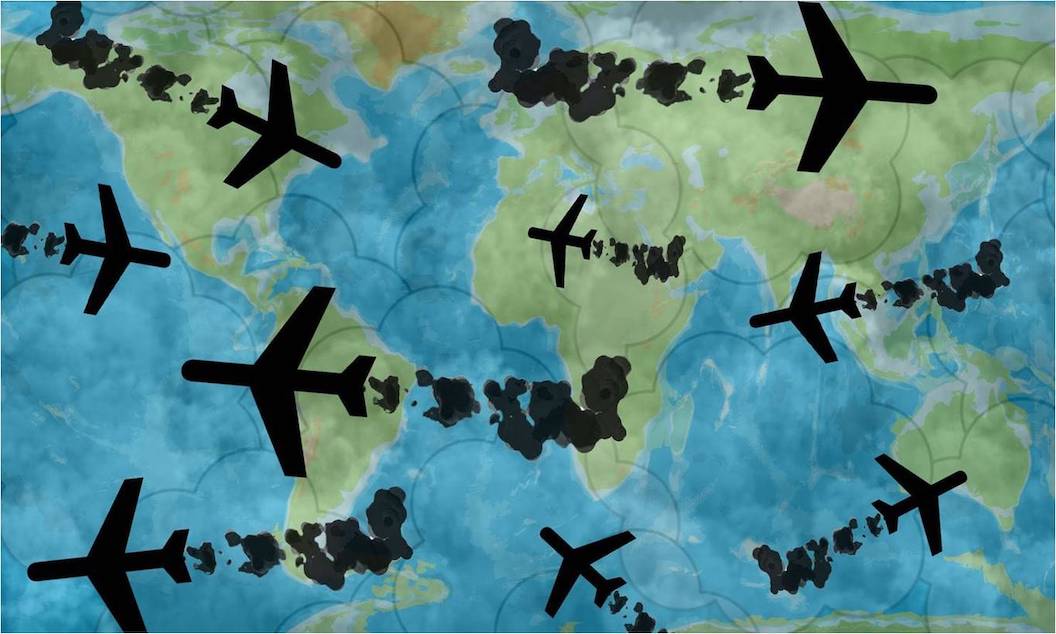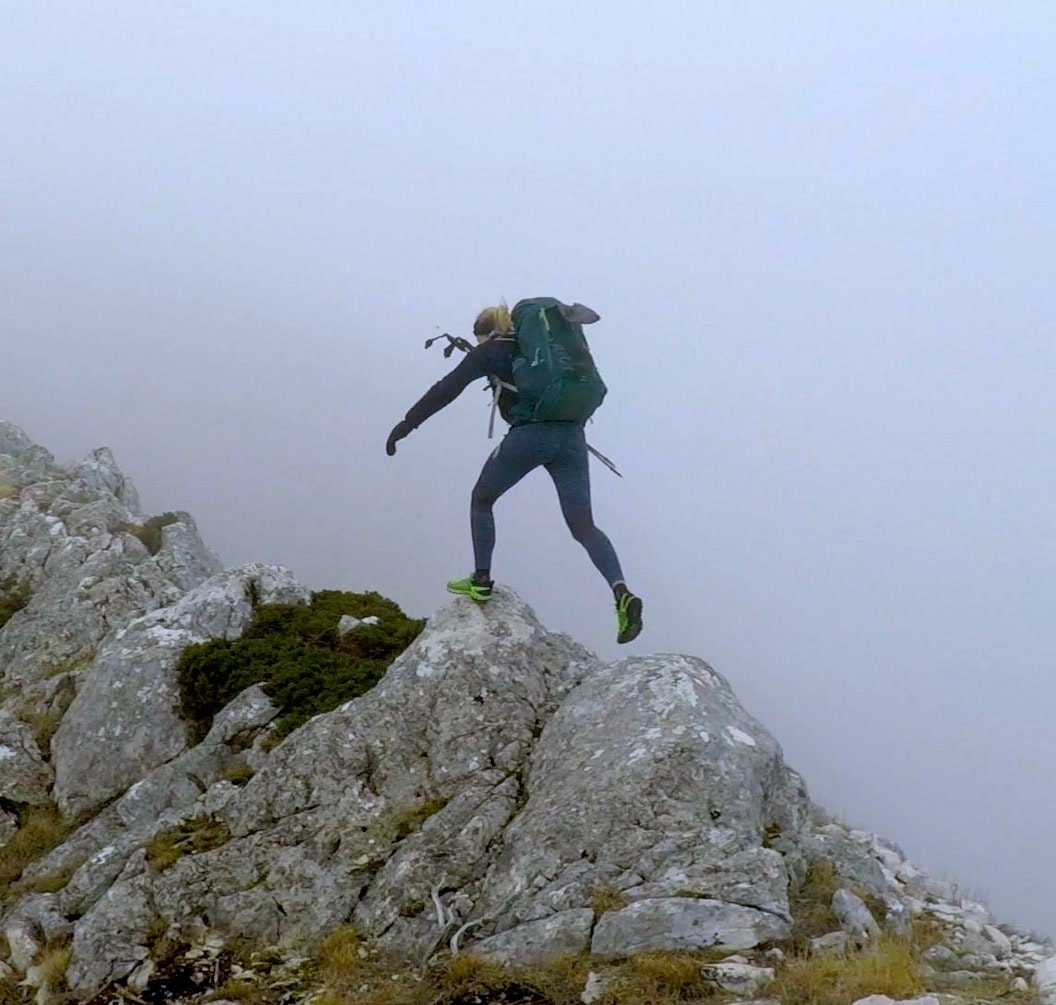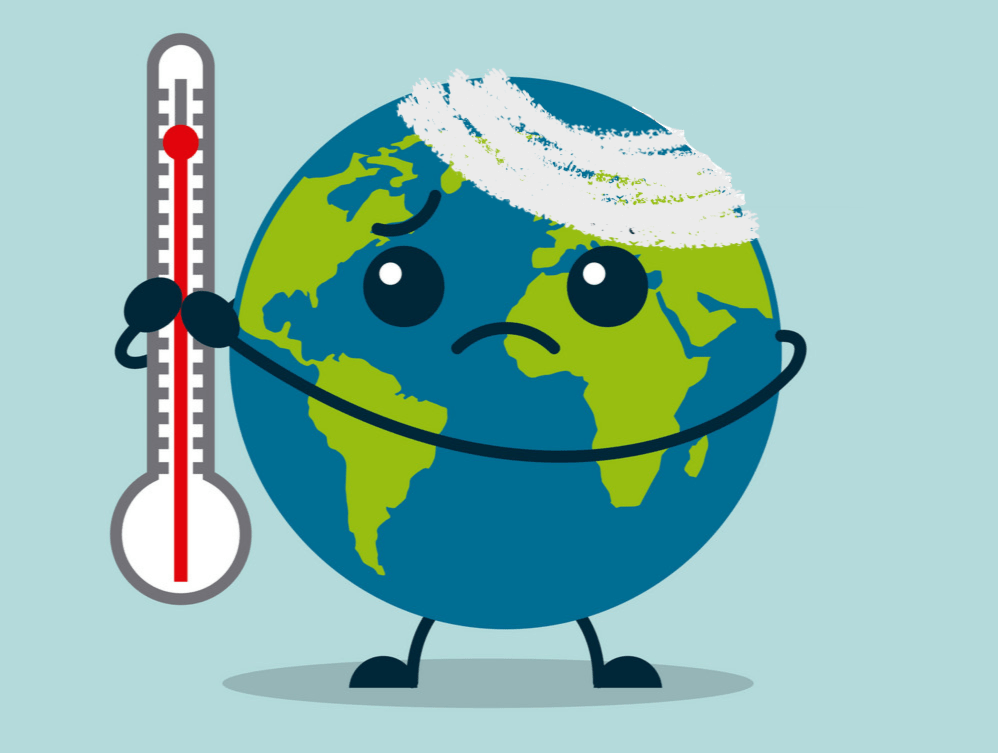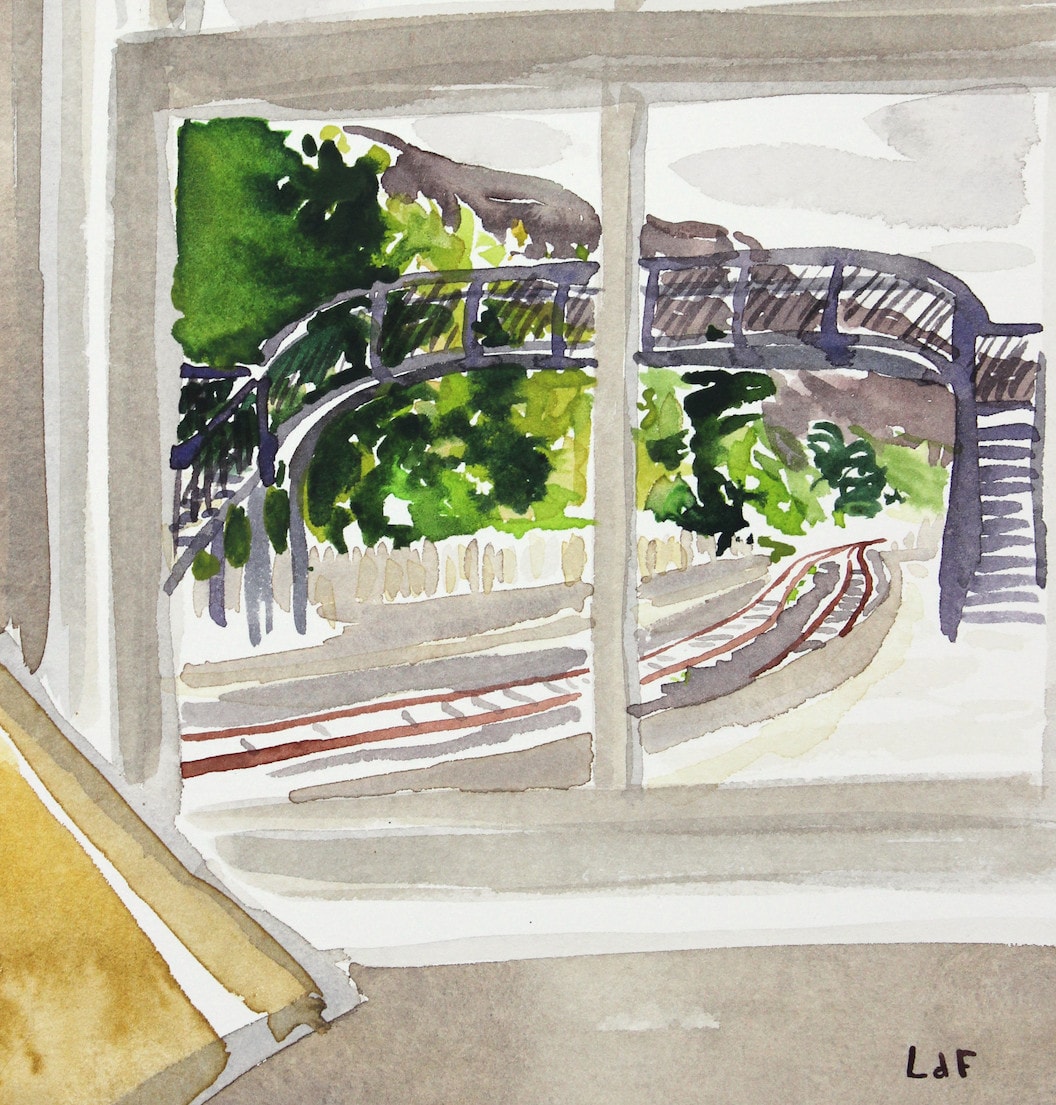Have you ever worried that not flying might make you a little bit boring?
When friends are boasting about their holidays as if they were expeditions, talking about the places they explored, the people they encountered, sometimes you might feel left out, as if you have little to contribute to the conversation.
Well, there is a way to be curious about the world without harming it: read a book.
Instead of taking a long haul flight to India (emissions 2 tonnes of CO2), you could read one of the many fabulous novels in English by Indian writers (emissions of a paperback book: 1 kg of CO2). They will give you an insight into Indian society and a feeling of connection that would be missing from most holiday visits.
Instead of an American road trip (emissions 2.8 tonnes of CO2 per person), treat yourself to a journey through the Great American Novel (zero emissions if you borrow them from the library). Tour operators might try to give you an authentic experience of the country, but reading books, especially by someone from that place, will give you a perspective that a holiday cannot possibly match.
"Instead of taking a flight to India (2 tonnes CO2), you could read a novel by an Indian writer (1 kg CO2)."
In the UK we love our holidays abroad. The places we choose to visit become part of our identity, a form of self expression. That's not new. Ever since wealthy eighteenth century Brits toured Europe and filled their houses with the art they acquired, we have used travel to cement our social status. But the books you have read are also a great way to show where you are coming from, and where you are heading. Books can change you, just as travel can.
As the coronavirus pandemic is preventing us from travelling freely, it is a perfect time to broaden our horizons through literature. We've brought together some books that made us feel it was almost like being there. Do you have a favourite to add to our list? Let us know.
There are plenty of places we want to explore – and we can still do so, through books.
The Leopard
by Giuseppe Tomasi di Lampedusa, translated by Archibald Colqhoun
~ summarised by Maggie Robertson
The Leopard is a deeply thoughtful novel, concerned with change, mortality, and the meaning (or otherwise) of existence. But how well does it substitute for a visit to Sicily?
Giuseppe Tomasi was himself a Sicilian prince, which gives his book undeniable authority. He describes a society where a legacy of classical Greek and Roman culture collides with Catholic devotion, things that still define Sicily today.
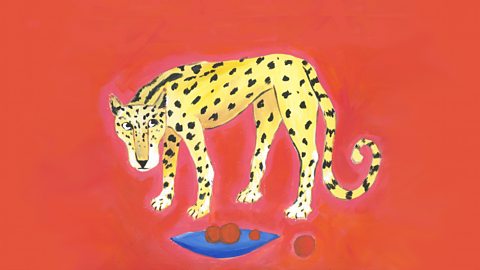
Descriptions of stony hilltops and scented flower gardens serve as metaphors for the declining power of the aristocracy. Perhaps we should not take them literally. On the other hand, the writer’s cynicism towards political institutions at the birth of the nation is itself an insight into Italy’s political culture.
No week-long holiday could give you the sense of the changing seasons conveyed by this book. The merciless heat of the six-month summer, as oppressive as a Russian winter, when autumn rains are yearned for. November gales are followed by the St Martin’s summer, ‘weather luminous and blue’.
"No week-long holiday could give you the sense of the changing seasons conveyed by this book."
It’s a novel of a society contemplating overwhelming change. Remind you of anywhere? ‘If we want things to stay as they are,’ the young Tancredi tells his uncle, the Prince of Salina, ‘things will have to change’. A great line to remember when you see your climate-denying relatives again.
"When the sportsmen reached the top of the hill, there among the tamarisk and scattered cork-trees appeared the real Sicily again, the one compared to which the baroque towns and orange groves are mere trifles: aridly undulating to the horizon in hillock after hillock, comfortless and irrational, with no lines that the mind could grasp, conceived apparently in a delirious moment of creation; a sea suddenly petrified at the instant when a change of wind had flung the waves into a frenzy.
"Donnafugata lay huddled and hidden in an anonymous fold of the ground, and not a living soul was to be seen; the only signs of the passage of man were scraggy rows of vines. Beyond the hills on one side was the indigo smudge of the sea, more mineral and barren, even, than the land."
The Sledge Patrol
by David Haworth
~ summarised by Sean Bolton
Few of us will ever travel to such a remote place on earth: a harsh world of ice sheets that extend far beyond the horizon, and high glacial mountain ranges which are impassable except to the most experienced sledge driver. The ever present dangers of thin ice, sub zero temperatures, snow storms and polar bears are the ultimate test of human endurance and survival. In this world any small mistake can have extreme consequences.
"Few of us will ever travel to such a remote place on earth…"
The Sledge Patrol tells the true story of wartime survival, with Danish and Norwegian dogsled hunters patrolling the 500-mile sparsely-habited coast of Greenland against unlikely invasion by Nazi forces. The two main characters are the Norwegian Poulsen and the German Ritter. Poulsen is a quiet young man, the son of a Danish bookseller who had experience as a radio operator in the arctic and applied for the post in Greenland for solitude and adventure in the arctic wilderness away from the war. Ritter is a similar character to Poulsen, cast into a war he didn't want and suspicious of his Nazi commanders whom he has little option but to obey and pacify.

"They travelled as if they were in a dream. One must picture each of them ski-ing beside his sledge on the vast expanses of frozen fjord below the dark loom of mountains which have never been explored, the only moving thing in the ice-bound starlit landscape; the rumble of the sledge, the panting of the dogs, an occasional call from the man or a crack of the whip breaking a whole winter’s silence.
"When they lay out through blizzards in their tents, they were wholly preoccupied with the details of keeping alive. In the huts, when the weather was still, the dogs howling outside in the crackling frost were their only companions, ten individual likeable personalities. They talked to the dogs because there was nobody else to talk to.
"The things which occupied their thoughts, the true realities, had nothing to do with war: they were only the weather, the dogs, and the hunting; hunting for food for themselves and the dogs and for fox furs and bear skins which one day they might be able to sell."
The God of Small things
by Arundhati Roy
~ summarised by Anna Hughes
This is India in a book. Set in Kerala with its backwaters and monsoon-lush landscapes, Roy gives poetic, vibrant and evocative descriptions of the river, the heat, the mango trees and the humidity. Her writing pulls and tugs at the language, an immersive style emulated by many since.
Rahel and Estha are twins, finishing each other's sentences in their secret language. The story is one of family and personal tragedy, and follows the twins’ upbringing in a religious community with a strongly discriminatory caste system. Forbidden relationships, child abuse and political differences lead to the death of their cousin, which results in the twins being separated – a twin myself, I could clearly imagine the doubled-over howling pain Rahel felt when Estha was sent away.

Kerala is known as God's Own Country, on the coast of South India, famous for its spice, natural diversity, food and waterfalls. Roy sprinkles touches of India and its dialect throughout her dark and tragic story – as authentic and realistic as any journey there, and a narrative that will linger in the mind long after the reader has left.
"Roy sprinkles touches of India throughout her story as authentic and realistic as any journey there."
"May in Ayemenem is a hot, brooding month. The days are long and humid. The river shrinks and black crows gorge on bright mangoes in still, dustgreen trees. Red bananas ripen. Jackfruits burst. Dissolute bluebottles hum vacuously in the fruity air. Then they stun themselves against clear windowpanes and die, fatly baffled in the sun.
"But by early June the southwest monsoon breaks and there are three months of wind and water with short spells of sharp, glittering sunshine that thrilled children snatch to play with. The countryside turns an immodest green. Boundaries blur as tapioca fences take root and bloom. Brick walls turn mossgreen. Pepper vines snake up electric poles. Wild creepers burst through laterite banks and spill across the flooded roads. Boats ply in the bazaars. And small fish appear in the puddles that fill the PWD potholes on the highways."
Half of a Yellow Sun
by Chimamanda Ngozi Adichie
~ summarised by Maggie Robertson
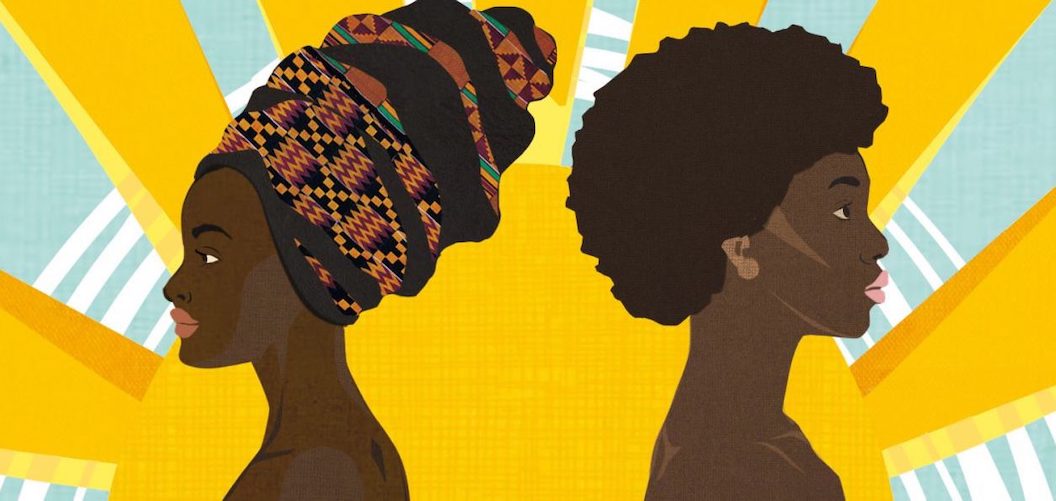
If you holidayed in Nigeria for a month, I wonder if you would learn more about the country than in this sweeping story of love and brutal civil war set in the 1960s. It takes you from orchards and forests near Port Harcourt in the south, where the rain falls sideways and the air is heavy with moisture from the Atlantic, to the north of the country, where the sun-seared land merges with the silver-and-white sky, and the fine grey sand gets into everything.
"If you holidayed in Nigeria for a month, I wonder if you would learn more about the country than in this sweeping story of love and brutal civil war."
Olanna and Kainene are wealthy sisters. They went to a school in Lagos so exclusive most people don’t know it exists. But they share the narrative with Ugwu, Olanna’s house boy. It is Ugwu who notices that Olanna speaks the kind of English you hear on the radio. It is Ugwu who cooks the foods of the place – jollof rice, pepper soup, chicken boiled in bitter herbs; Ugwu who forages for those herbs among the pawpaws and lemon trees in the yard.
Both Ugwu and Olanna struggle with the gulf between the life of educated city dwellers, and the traditional village life, where superstitious magic is as real as the earth floor beneath your feet. The divisions of class, identity and nationalism lie heavy in the novel, as increasingly they seem to do in our own politics too.
"She (Olanna) felt a sense that things were in order, the way they were meant to be, and that even if they tumbled down once in a while, in the end they would come back together again. This was why she came to Kano: this lucid peace. When Aunty Ifeka’s eyes began to dart around the yard, she knew it was in search of a suitable chicken.
"Aunty Ifeka always killed one when she visited even if it was the last she owned, sauntering around the yard, its feathers marked with a splash or two of red paint to distinguish it from the neighbours’ chickens, which had bits of cloth tied to their wings or paint of a different colour. Olanna no longer protested about the chicken, just as she no longer protested when Uncle Mbaezi and Aunty Ifeka slept on mats, next to the many relatives who always seemed to be staying with them, so that she could have their bed."
